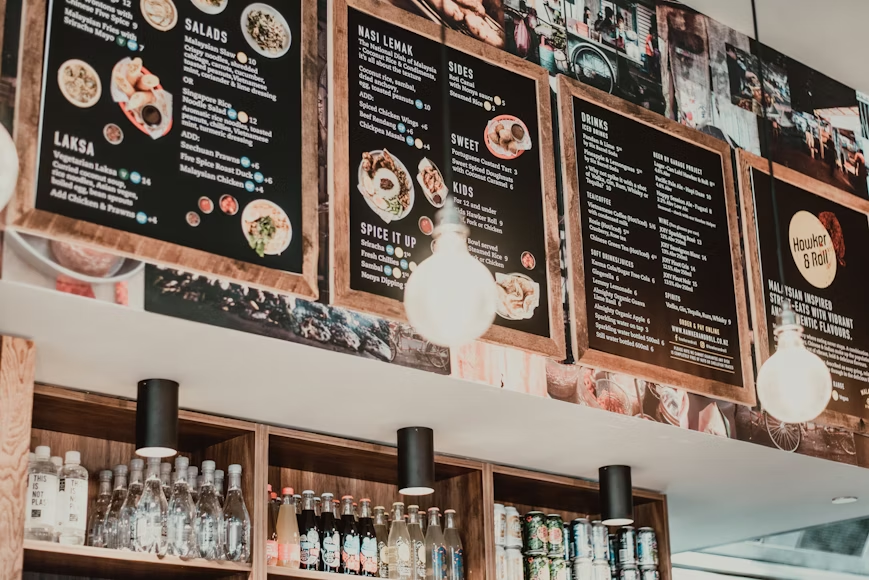Restaurant reservation scalping, where third-party platforms use bots to snatch reservations at popular restaurants and resell them for a profit, has been hurting restaurants, workers, and consumers alike. The NYC Hospitality Alliance successfully advocated for a new law to stop this practice. This law requires platforms to get written permission from restaurants before selling reservations, ensuring these coveted spots go to genuine customers and restaurants don’t lose revenue due to “no shows,” waitstaff don’t miss out on tips, and consumers don’t have to pay inflated prices.
The problem of reservation scalping in the hospitality industry has been prevalent for years but has gotten worse post-COVID. The media has highlighted certain websites that facilitate the sale of reservations without authorization from the restaurant. Like concert ticket scalpers, unlawful sale of reservations hurts businesses and customers. After the pandemic, consumers were eager to eat in restaurants again causing a surge in demand, not to mention the newfound ability for businesses to go viral boasting lines out the door with a single TikTok recommendation. Combine high demand with predatory scalpers and it is nearly impossible to score a table without waiting and exaggerated amount of time.
The law, introduced last month, outlines that “third-party reservation services” are prohibited from distributing reservations without contractual agreement from the food service establishment. The proposed law would penalize third-party services at $1000 per violation of those guidelines. The issue with many of these programs is that they are operated by bots that immediately secure the reservation when it is released. Paperchase’s hospitality accountants work with the most popular platforms like Resy, OpenTable, and Tock to ensure the success of your business. We reconcile and track no-shows and reservations that can point to the potential reselling of your reservations
When bots steal restaurant reservations and are unable to resell them, the table remains empty during dinner service, causing the business to lose crucial revenue. Additionally, the server in that section loses the ability to get a tip from that table. Third-party reservation interference also presents the problem of miscommunication with regular customers, whose reservations may have been bought or booked under someone else’s name. In general, scalping makes it difficult for customers to make reservations at all. Iconic New York restaurants are already difficult enough to secure a table without third-party platforms scooping them up and charging an exaggerated fee. This comes after a series of New York-based regulations created to protect the exploitation of restaurants, employees, and those who use third-party delivery services like DoorDash or UberEats. Scalpers, whether in person or an automated bot, steals the ability for programs like Resy and OpenTable to use customer data and build client relationships. A huge part of the New York restaurant scene is a reliance on familiarity and repetition. This is why the role of Matre’d has remained prevalent in New York despite advancements in technology.
If passed, the new law championed by the NYC Hospitality Alliance represents a significant victory for restaurants, workers, and diners. It effectively dismantles the predatory practice of reservation scalping, ensuring fairer access to coveted tables, protecting restaurant revenue and staff income, and eliminating inflated consumer prices. This legislation serves as a model for other cities struggling with similar issues, paving the way for a more ethical and equitable dining experience for all. To review your restaurant’s best reservation or POS system, work with Paperchase’s hospitality accountants to ensure you’re making the best business decisions in the wake of changing tech and regulations.
Read more























